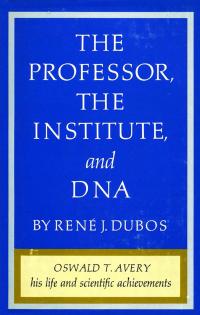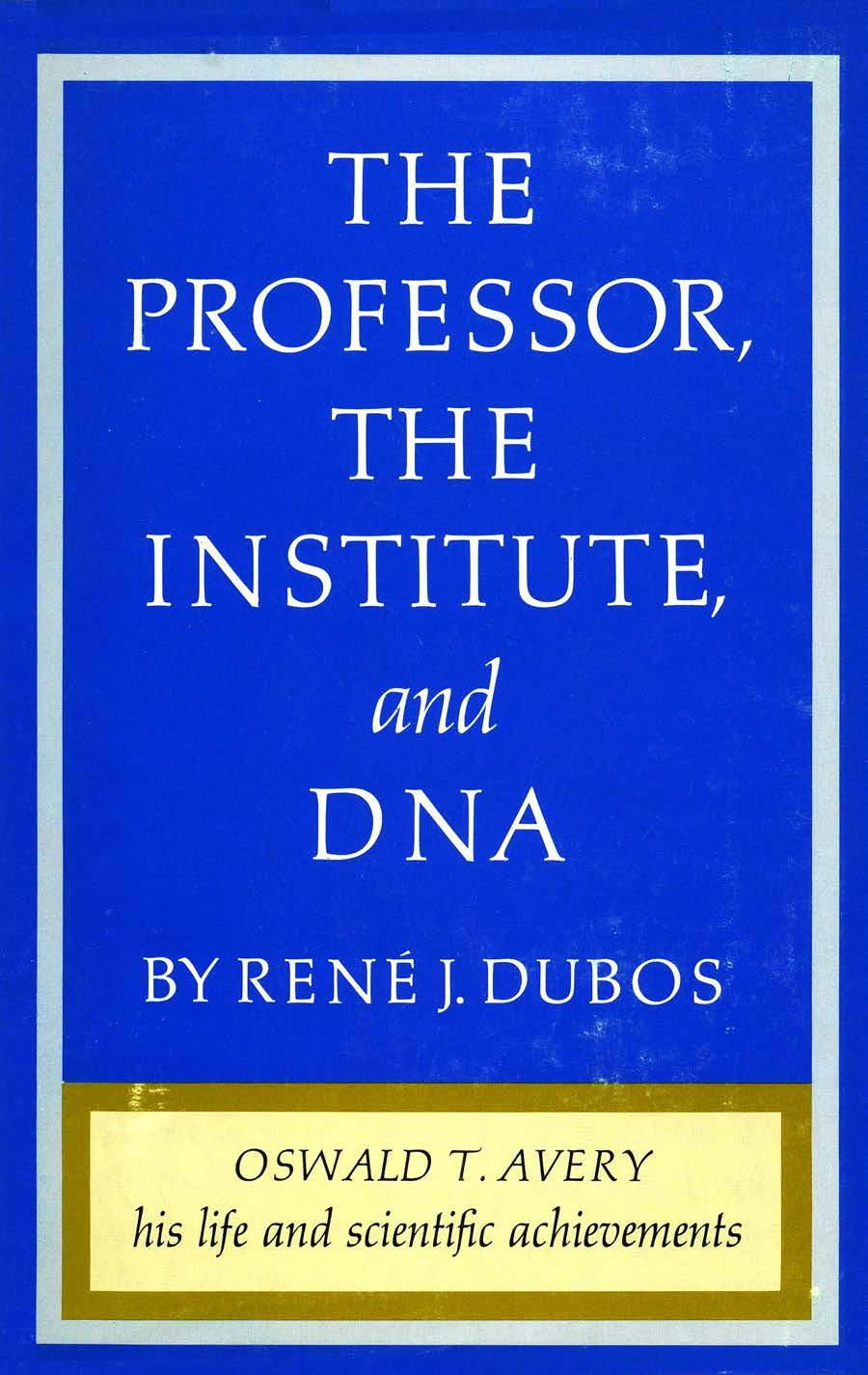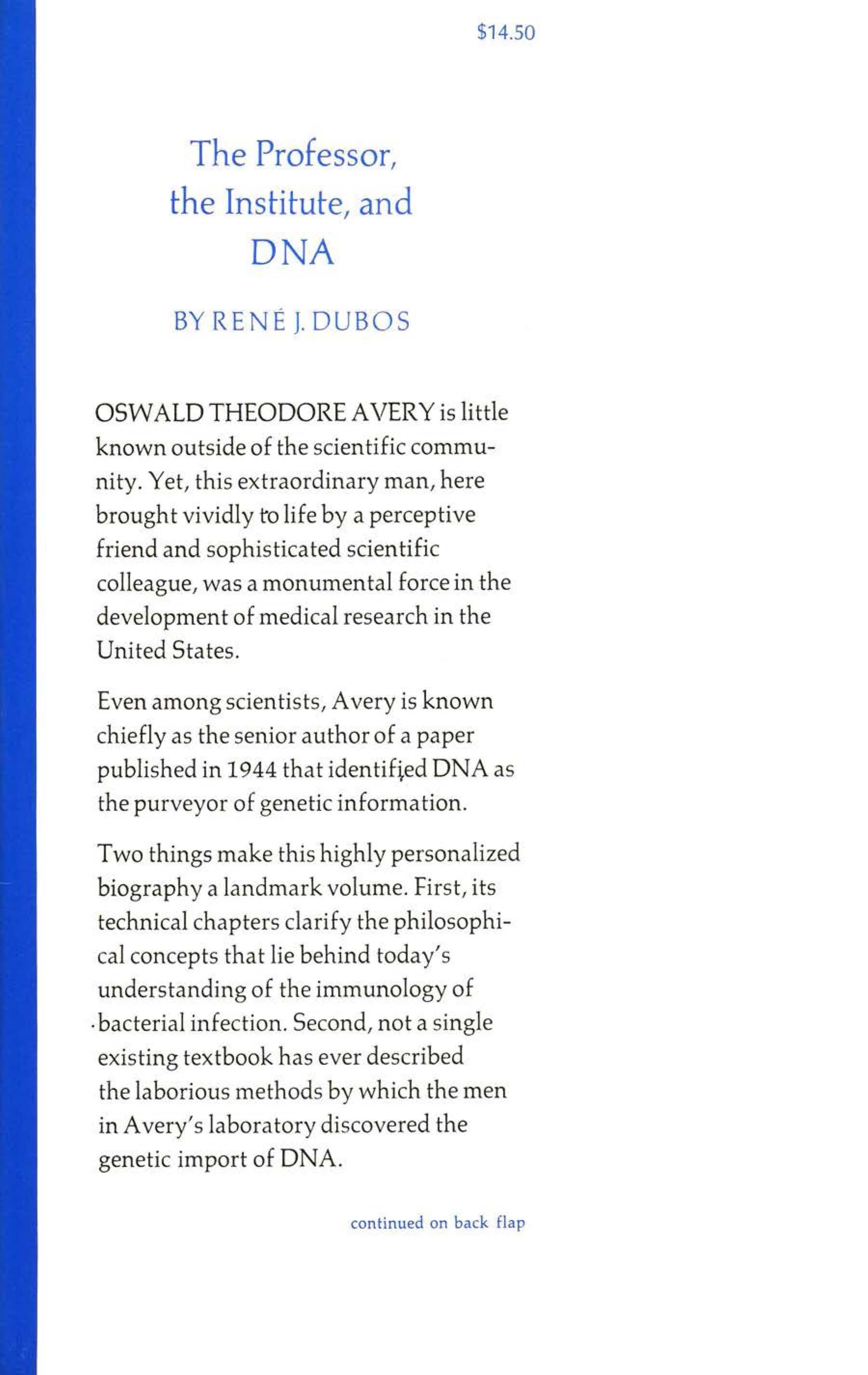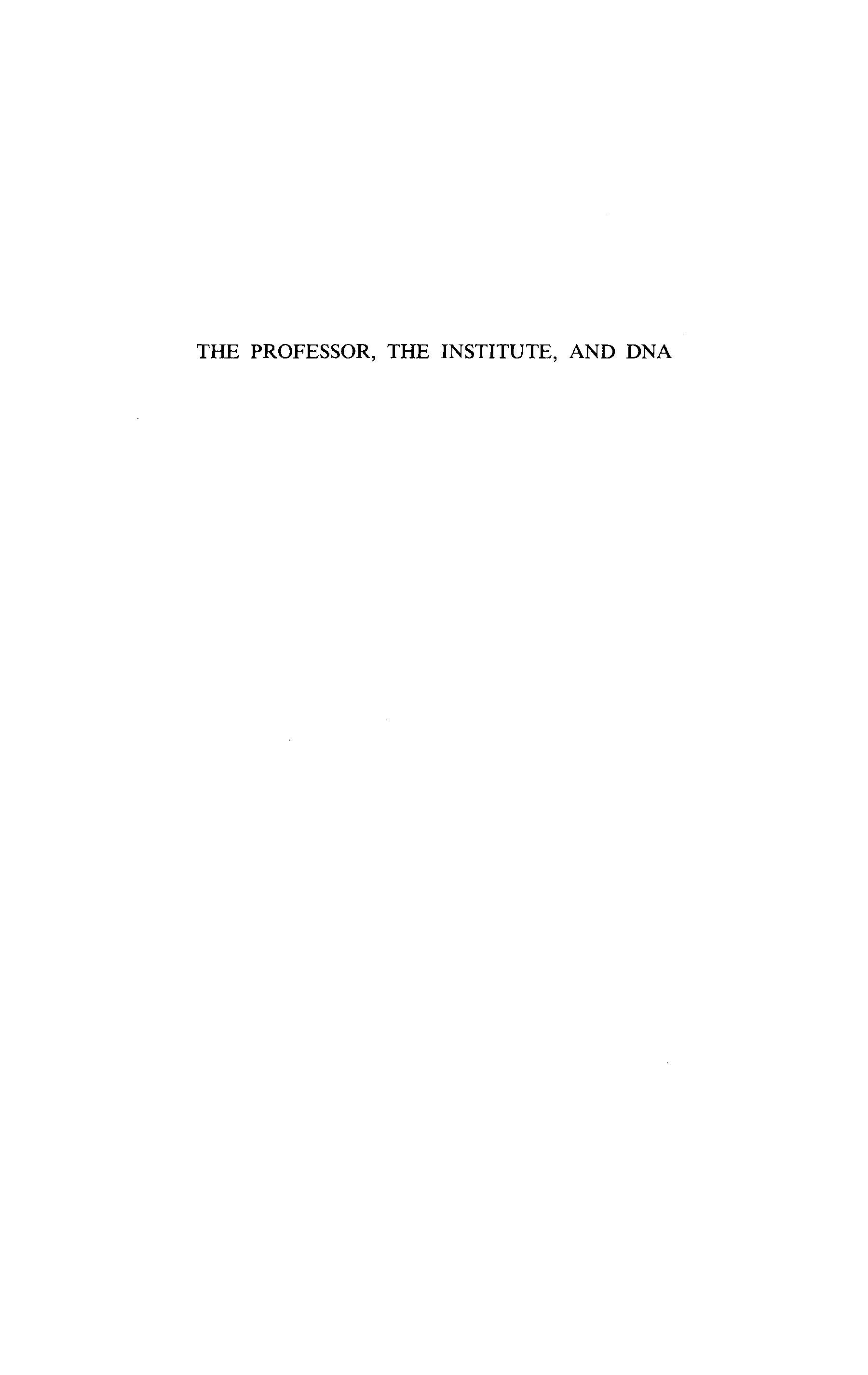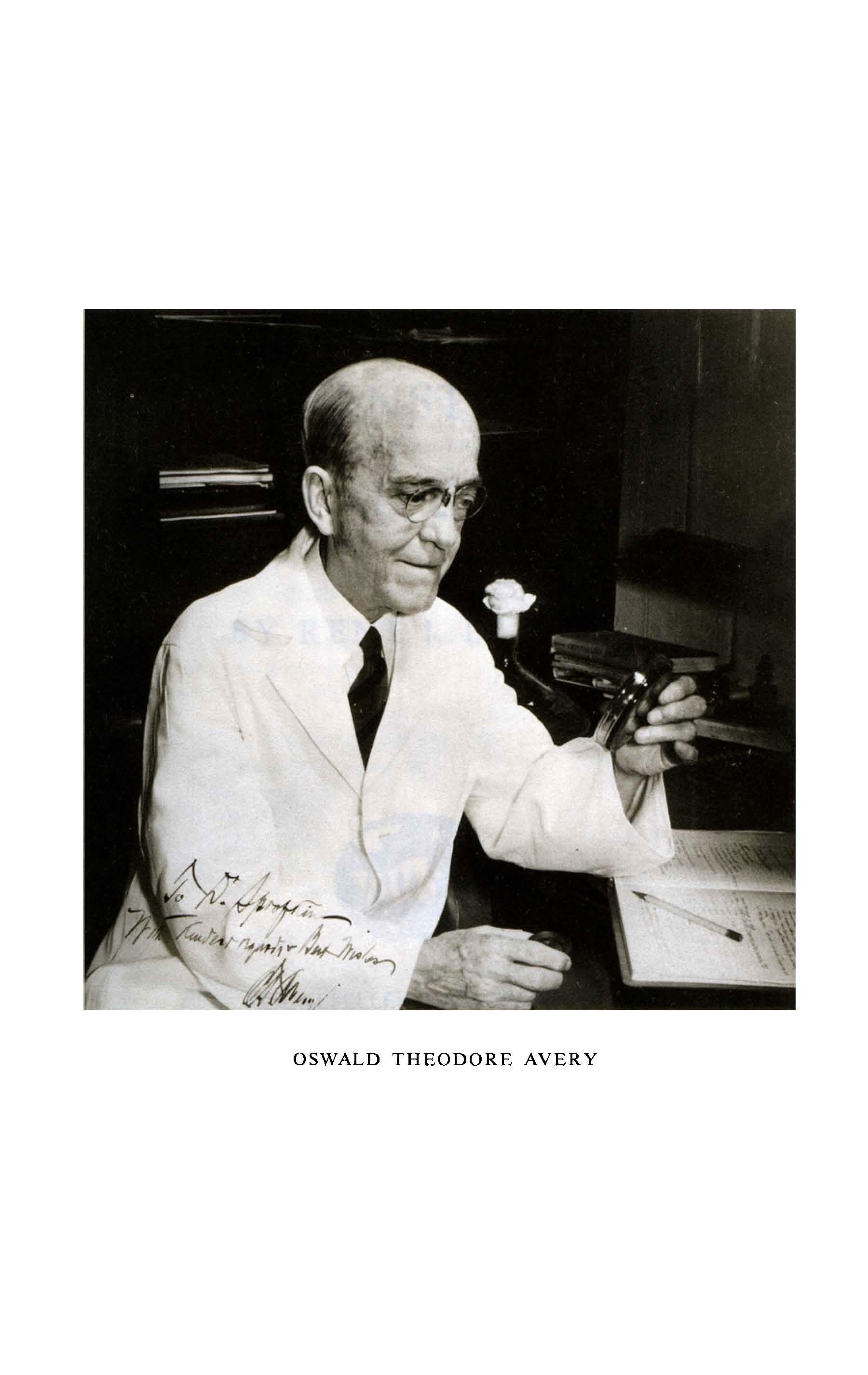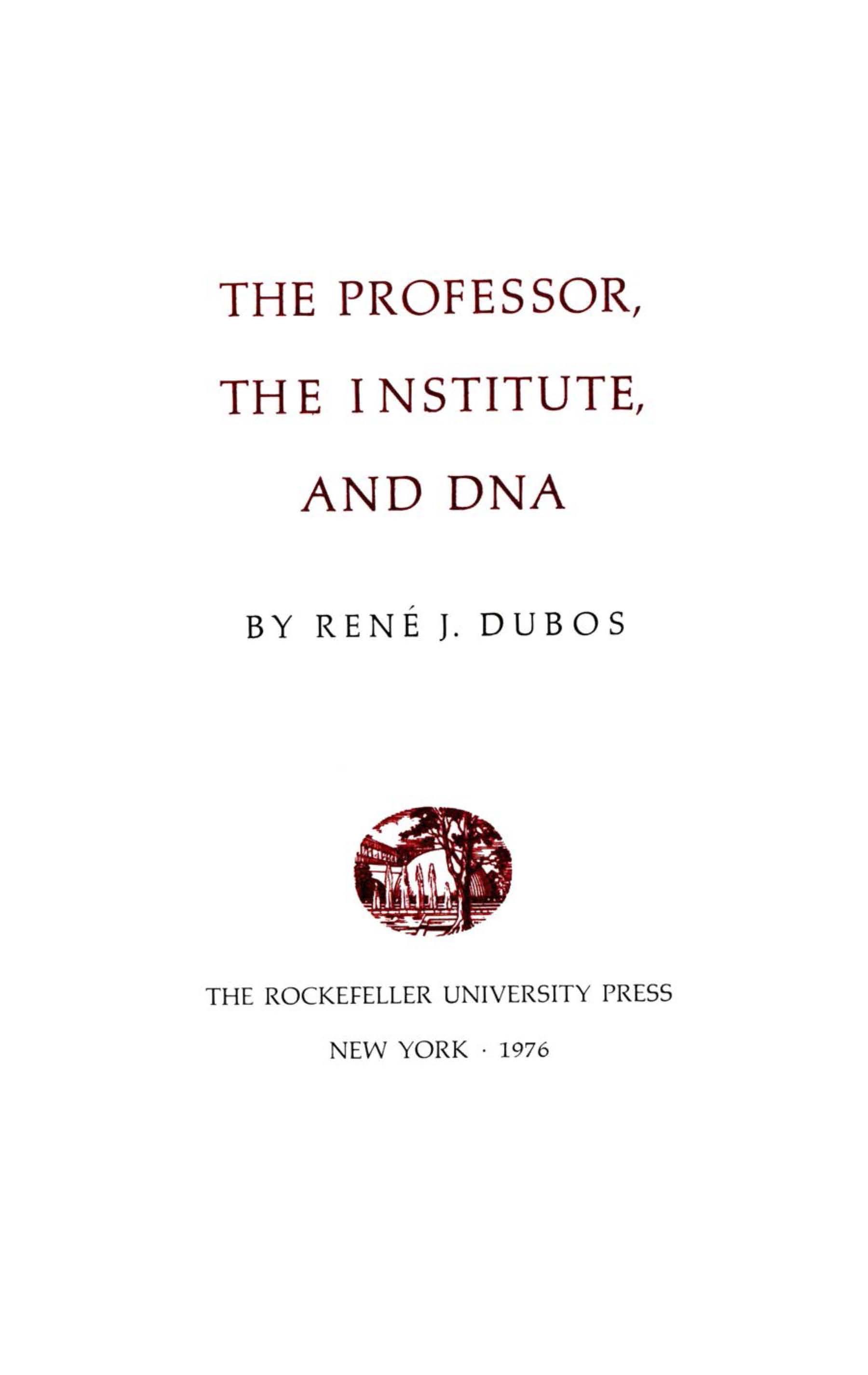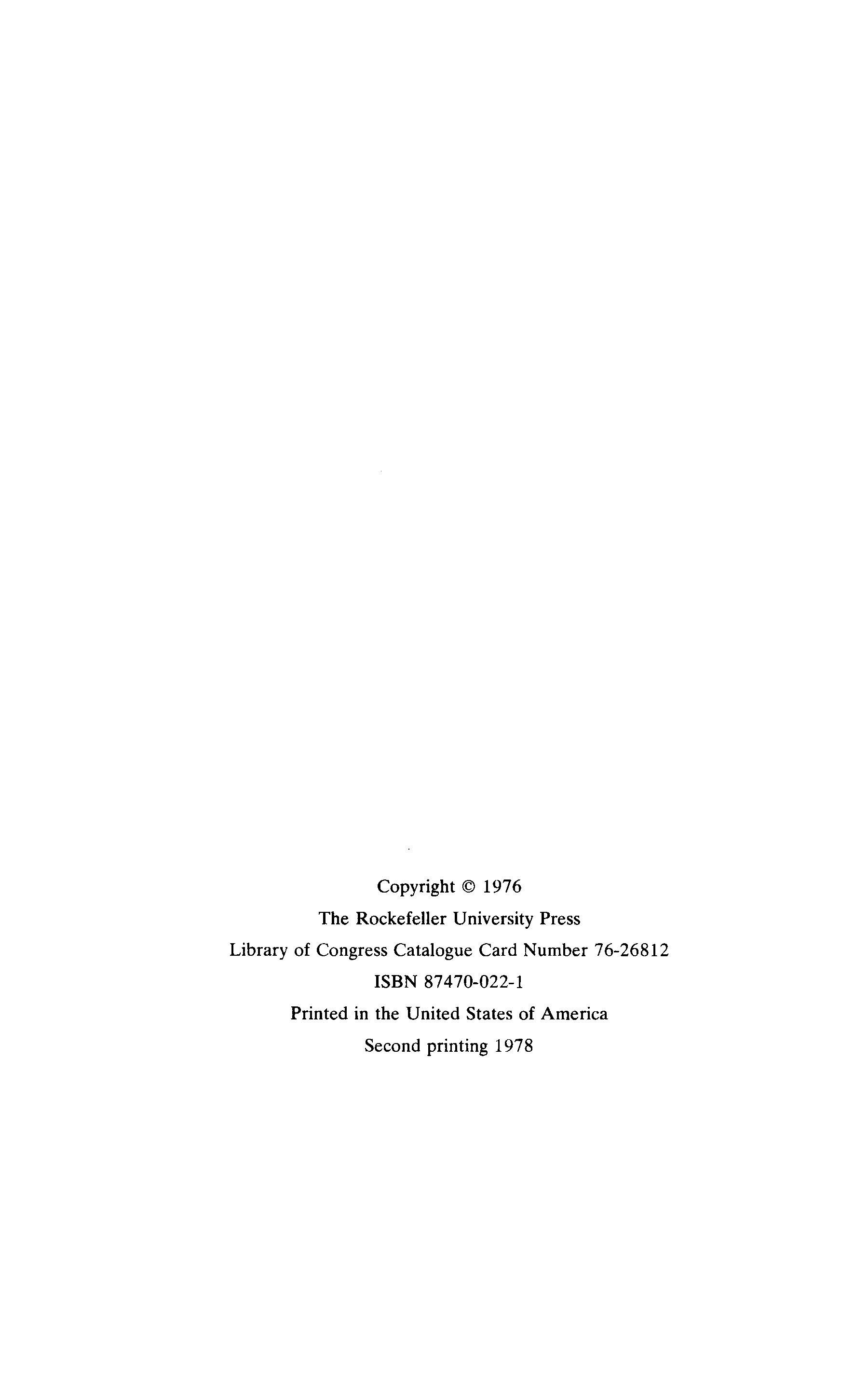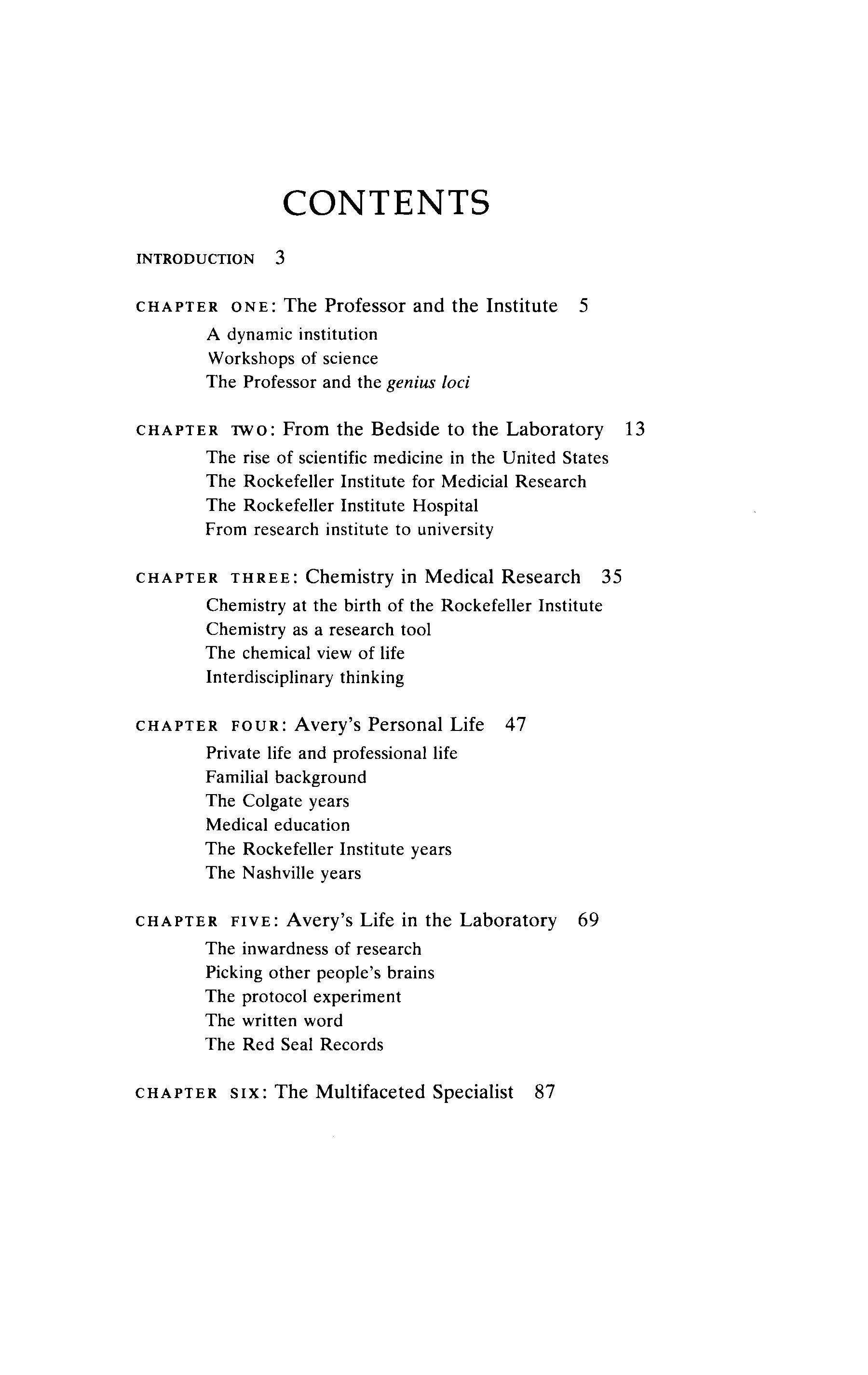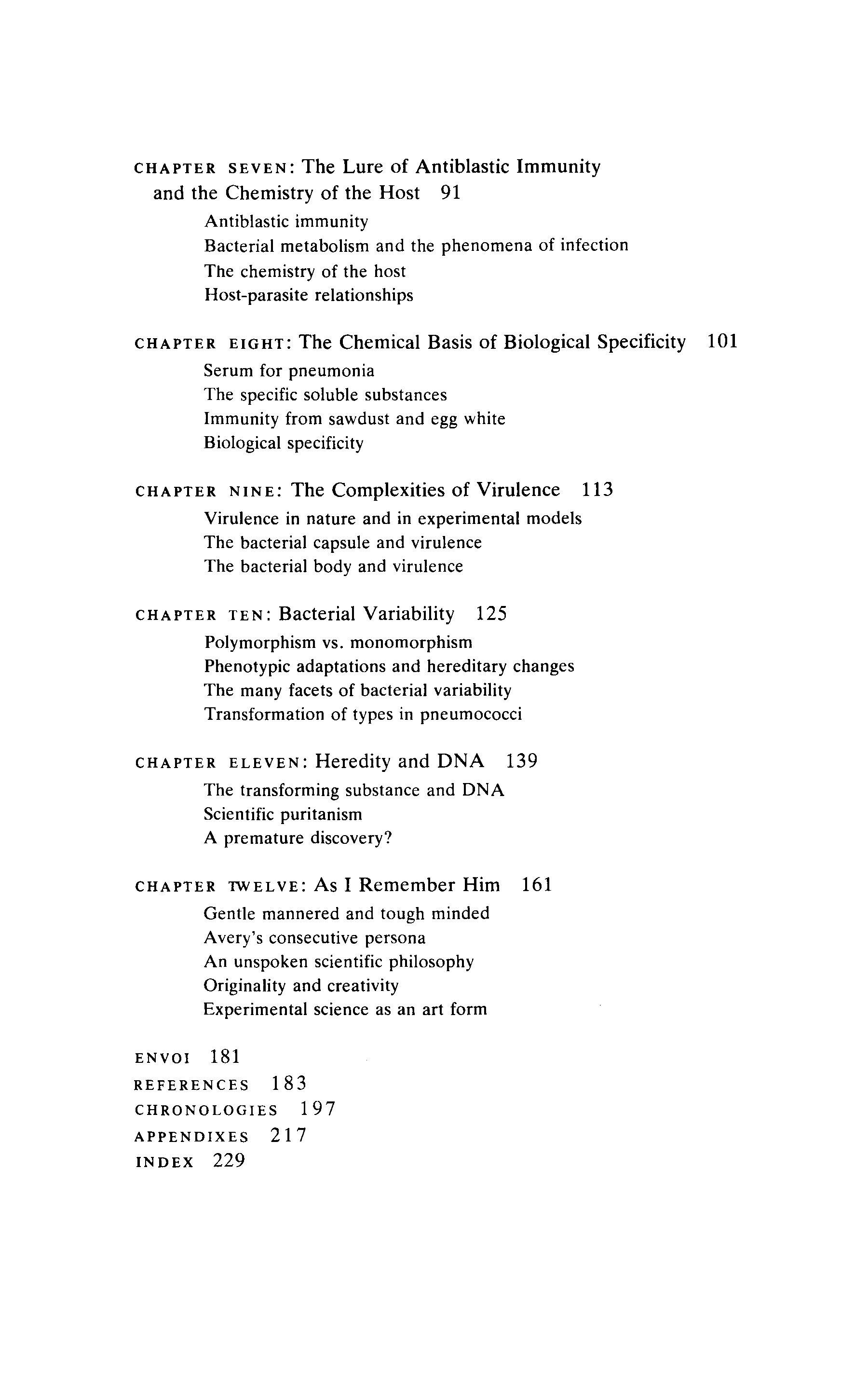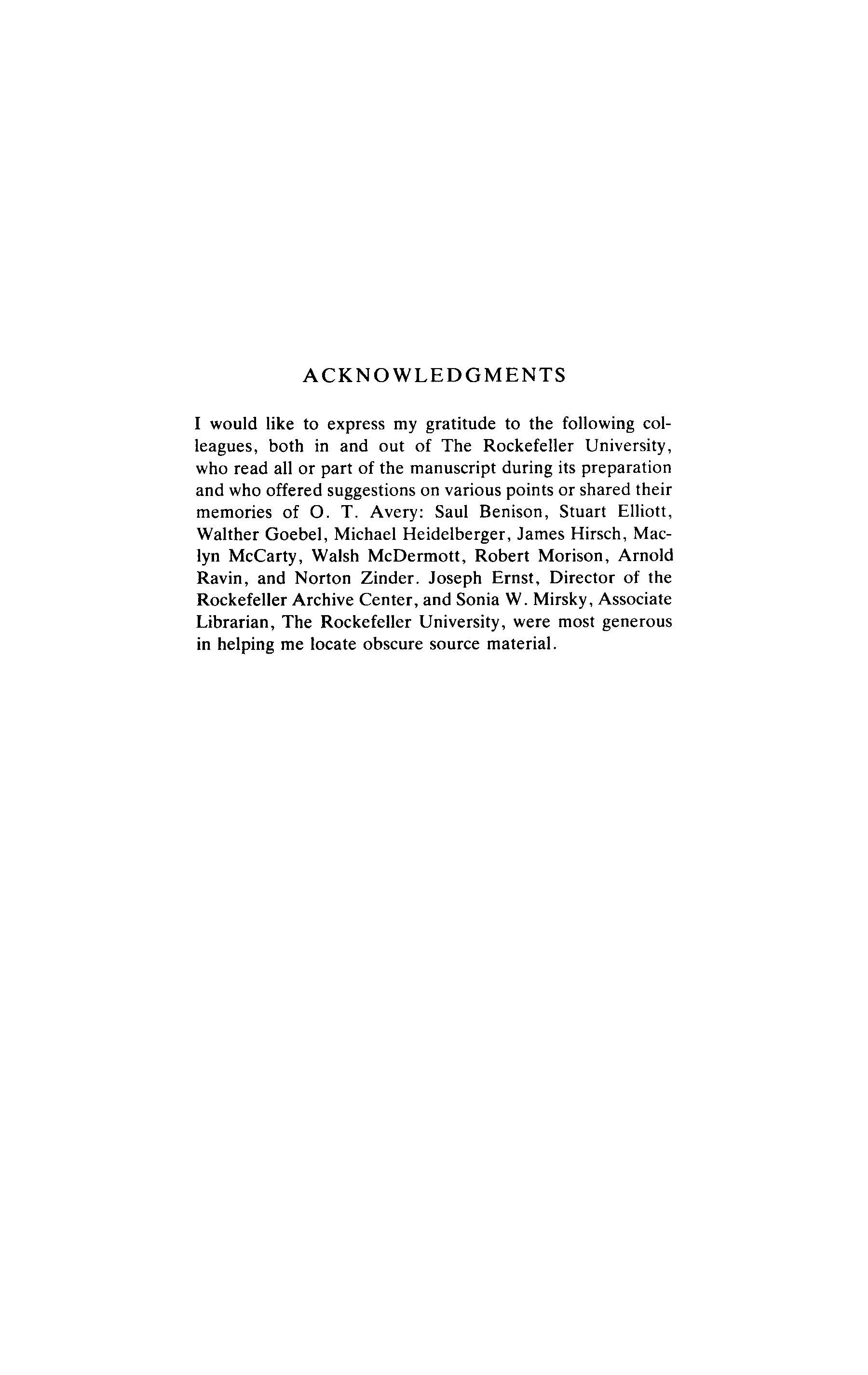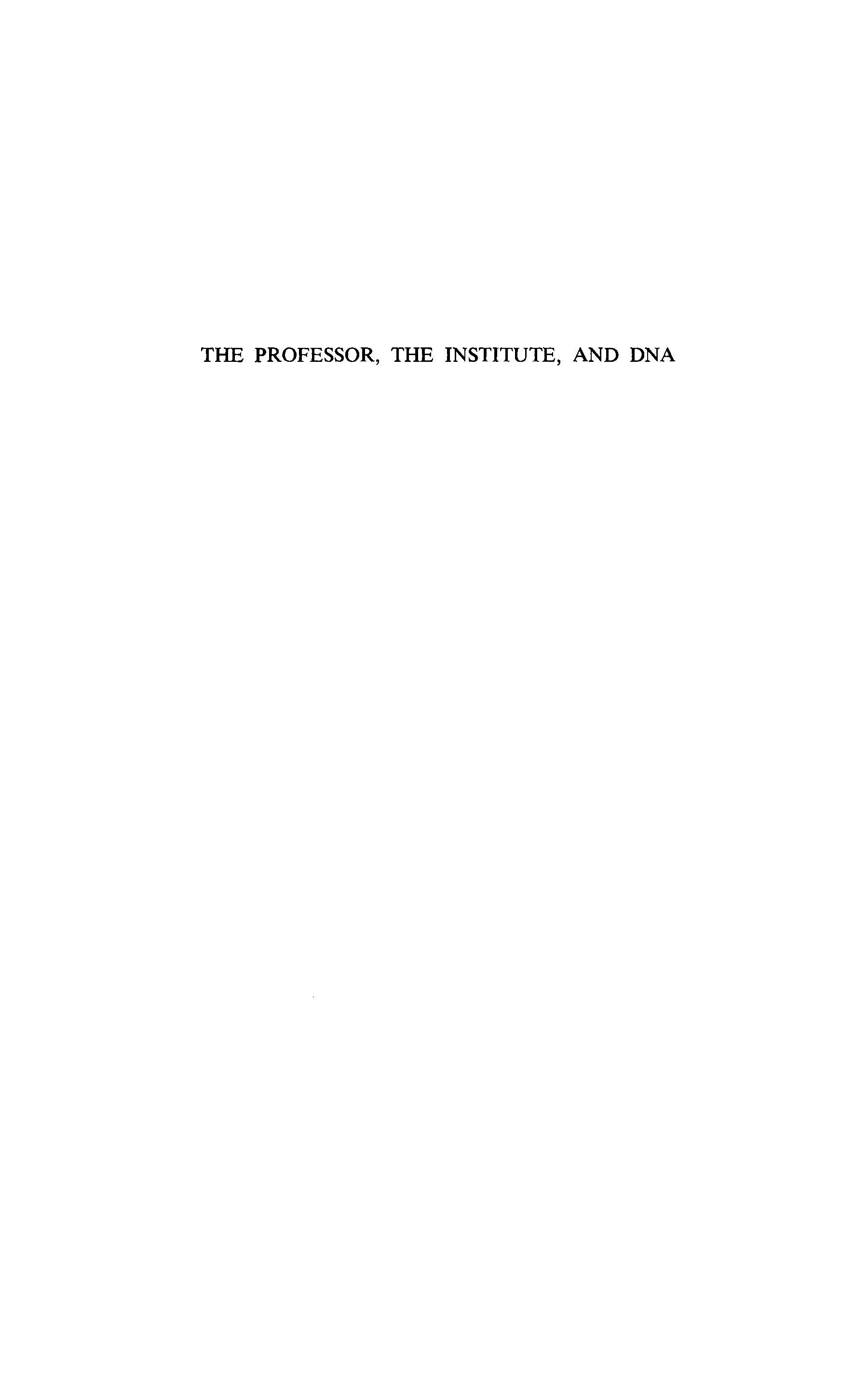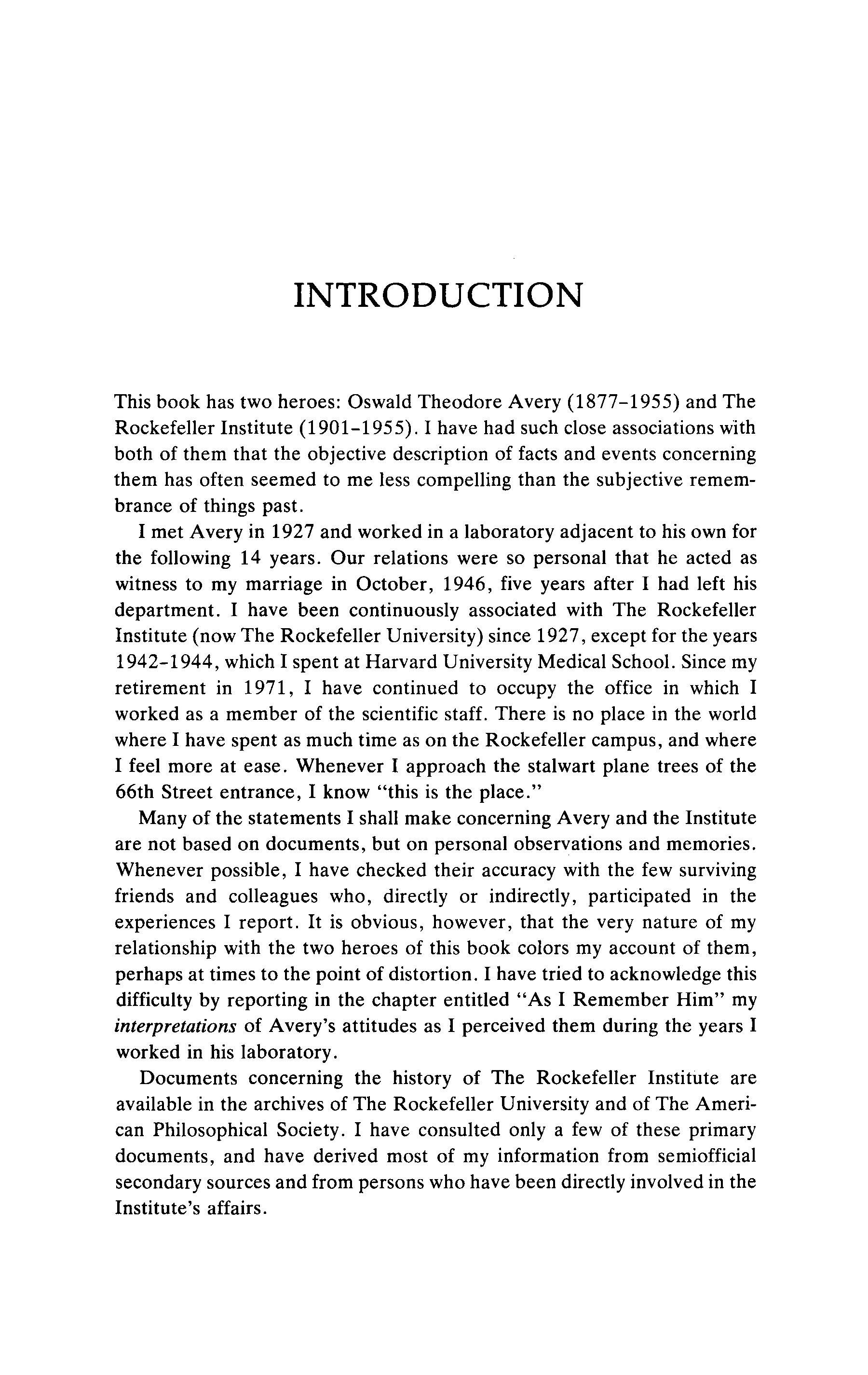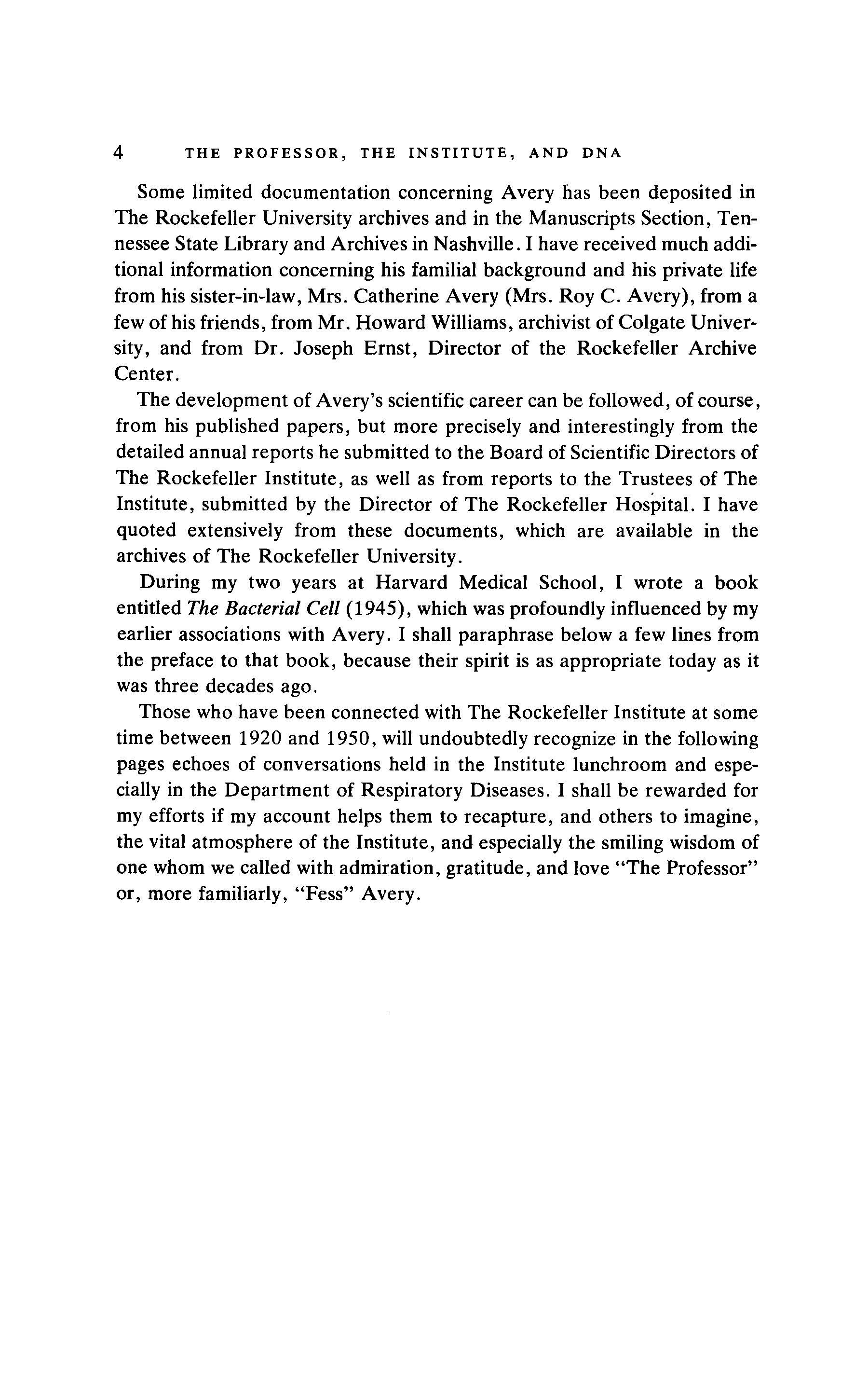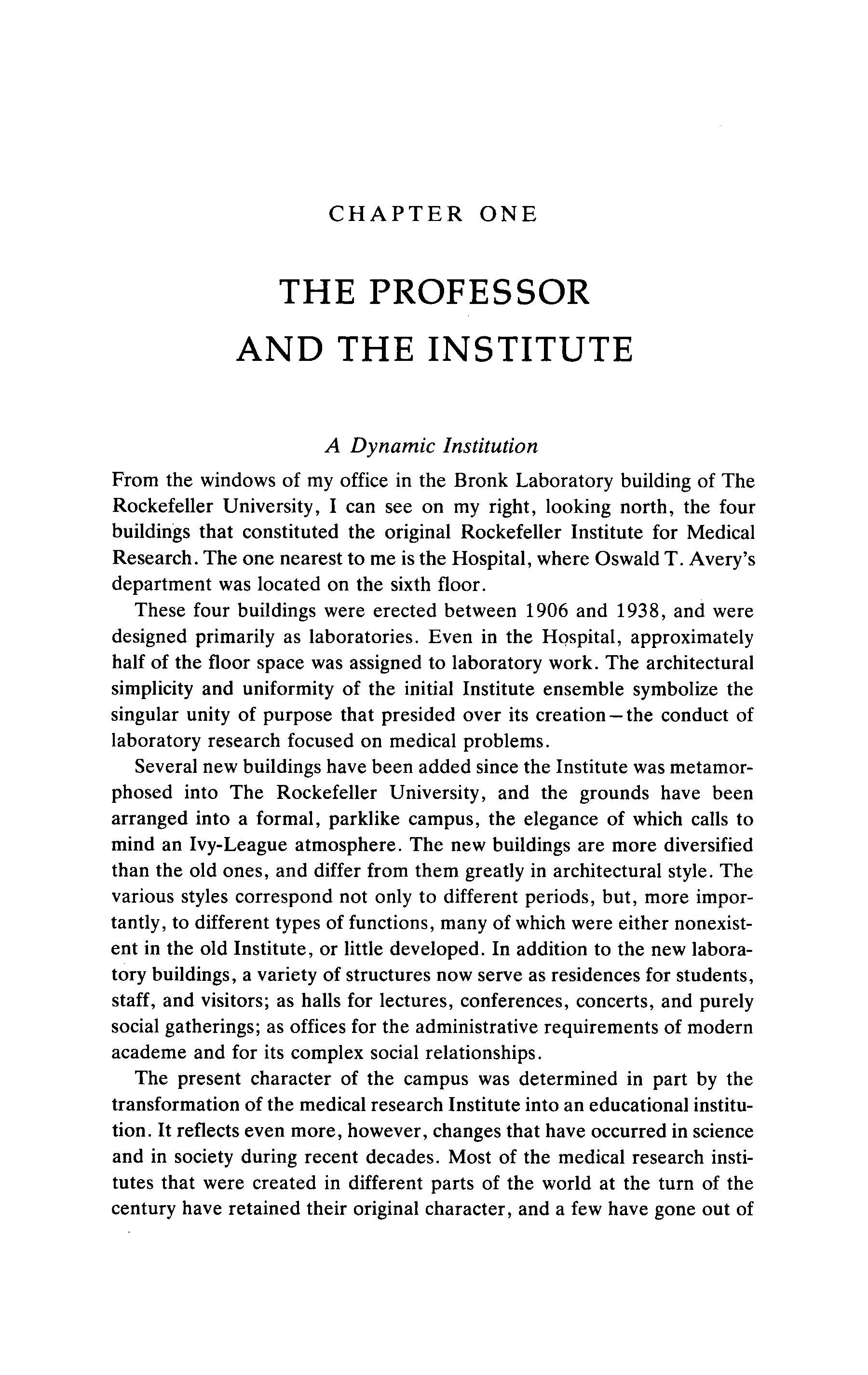The Professor, the Institute, and DNA
The Professor, the Institute, and DNA
By: René J. Dubos
Title information
Oswald Theodore Avery is little known outside of the scientific community. Yet, this extraordinary man, here brought vividly to life by a perceptive friend and sophisticated scientific colleague, was a monumental force in the development of medical research in the United States. Even among scientists, Avery is known chiefly as the senior author of a paper published in 1944 that identified DNA as the purveyor of genetic information. Two things make this highly personalized biography a landmark volume. First, its technical chapters clarify the philosophical concepts that lie behind today's understanding of the immunology of bacterial infection. Second, not a single existing textbook has ever described the laborious methods by which the men in Avery's laboratory discovered the genetic import of DNA. This is the story of a man and a place that were uniquely suited to each other—O.T. Avery and The Rockefeller Institute for Medical Research. It is also the story of a charming, forceful, and enigmatic personality—a man whose character imposed a lasting influence on his associates and on the direction of scientific investigation throughout the world. And, like any good narrative, the story has its heroes and its villains, its disappointments and its triumphs. Only a person with the expertise, insight, and sensitivity of a René Dubos could have combined the science, the times, and the man with such penetration.
René J. Dubos
During his lifetime, René Dubos held more than 35 honorary degrees (including three honorary MDs) from universities in this country, Canada, and abroad. As a microbiologist and experimental pathologist, he first demonstrated—some 40 years ago—that germ-fighting drugs can be extracted from microbes. Also an award-winning author, his lectures and books have alerted an international audience to the physico-chemical, biological, and social effects that environmental forces exert on all forms of life. This interest in the effects of the total environment placed Dr. Dubos in the forefront of ecological studies on both the sociomedical problems of underprivileged communities and the results of affluence in industrialized countries. His more than 20 books have been translated into many languages. So Human an Animal won the Pulitzer Prize in 1969; Beast or Angel: Choices that Make Us Human was published in 1974 to wide acclaim.

